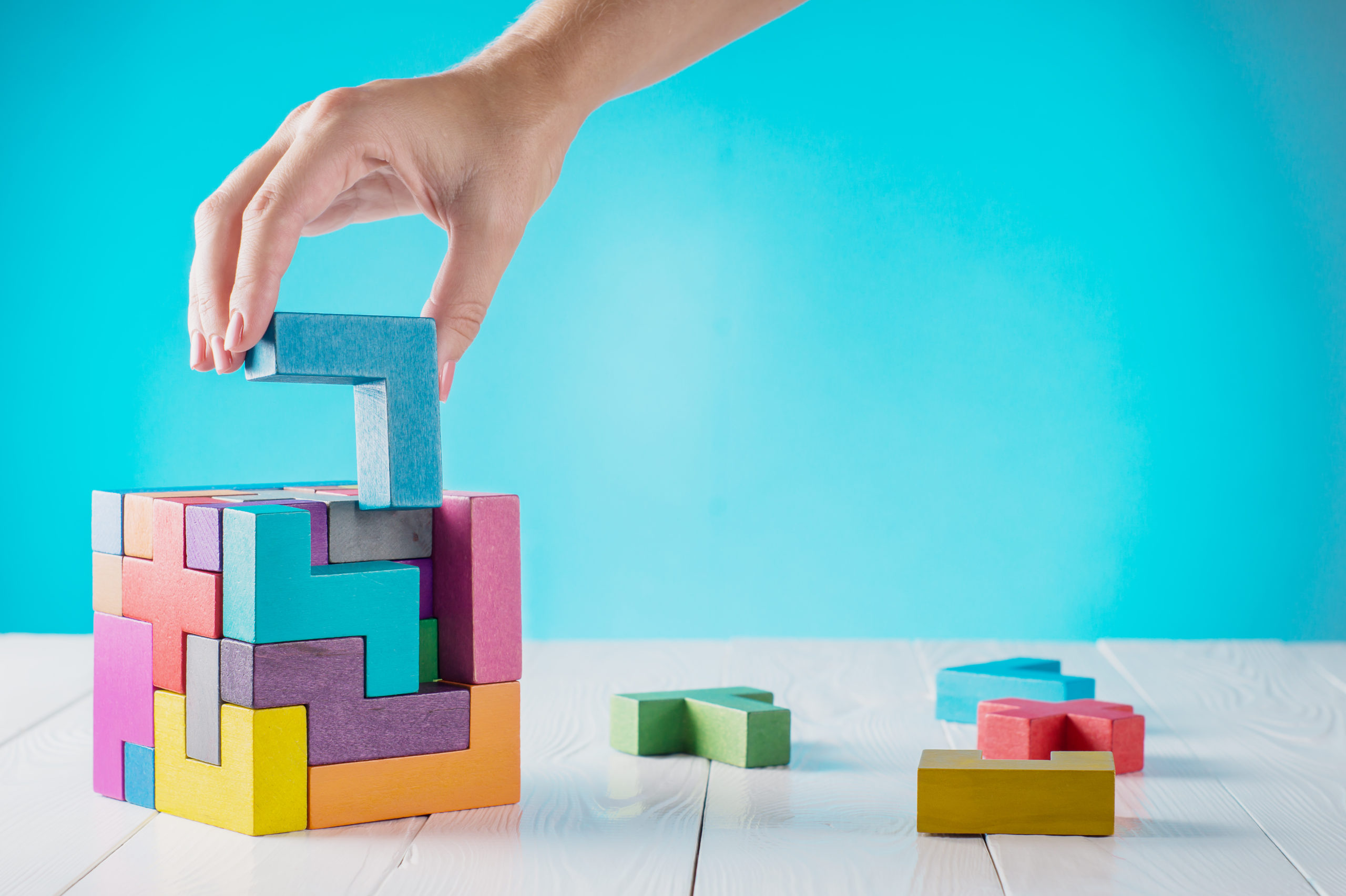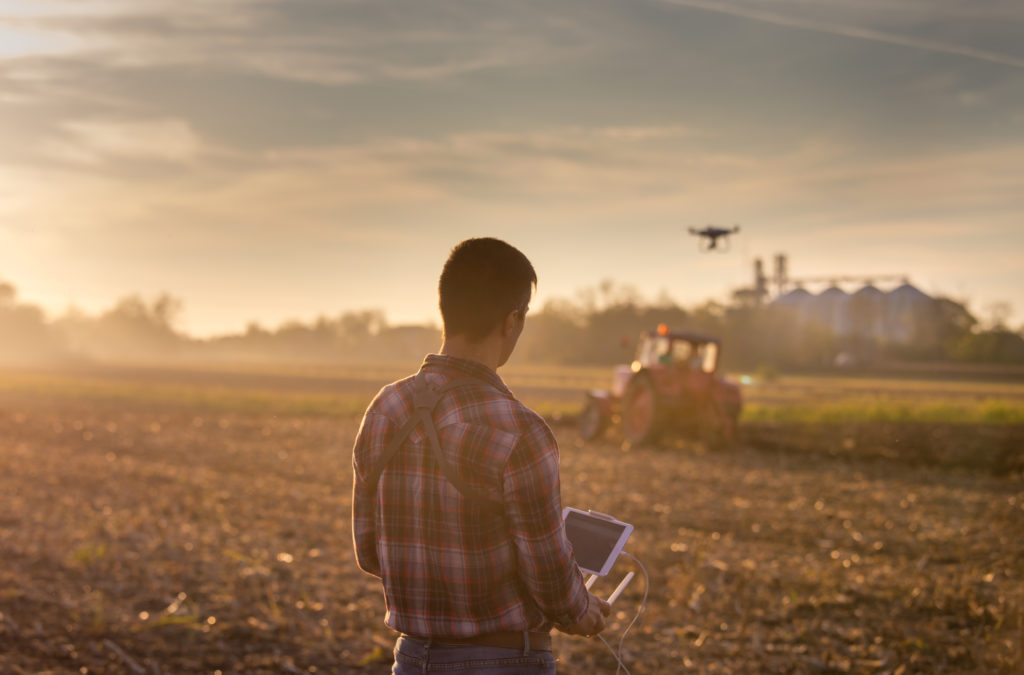
As a patent attorney, one of the things you really come to appreciate is how much rests on thinking “outside-the-box”. So many steps in the innovation cycle – from our clients coming up with inventive technology, to us finding creative solutions to protecting it – benefit hugely from the ability to see things from a different perspective. Fortunately, the world has always had people who apply unconventional thinking, and made it a better place as a result.
In some cases, a person’s ability to look at things differently may be due to, or enhanced by, an element of neurodivergence. Humanity is fundamentally neurodiverse – by definition, no human being falls outside of the spectrum of human neurodiversity, just as no human being falls outside of the spectrum of human racial, ethnic, and cultural diversity. To be “neurodivergent” is to have a mind that functions in ways which diverge significantly from the dominant societal standard of “normal”.
Over the years, neurodivergent individuals have been responsible for some of the most fundamental breakthroughs in science and technology, and numerous patentable inventions. Whilst in some cases neurodivergence can make various tasks difficult, such as spelling, reading and writing in the case of dyslexia, or focus in the case of ADHD, those who are neurodivergent are often creative and innovative and approach problems from unique perspectives. This is often as a result of adaptations they have had to make to the way they learn and work to overcome challenges they face every day.
Here are just a few examples of neurodivergent innovators – some of which are already household names, and others who are following in their footsteps!
Henry Ford
Henry Ford struggled at school and is thought to have had dyslexia; his teachers described him as lazy and even stupid. However, he excelled at engineering. Ford’s combined love of farming and motor cars led him to establishing the Ford Motor Company in 1903. A few years later, the company had developed ground-breaking mass production processes, eventually producing a new Model T every 24 seconds. Ford had a total of more than 50 patents to his name before his death in 1947, including US patent no. 2269451 relating to a tubular steel framework on which to bolt his then revolutionary plastic panels.
Bill Gates
Bill Gates, once the richest person in the world, maybe the most famous name on this list. Despite struggling with ADHD, as a co-founder of Microsoft, Gates conquered the world of computers by making them significantly more user-friendly, and is a named inventor on various patents including WO2020005568A1 and EP3814941. He has long been regarded as one of the most successful innovators with a net worth now reported to be in the region of US$130 billion.
Prof. Dr. Larissa Suzuki
Larissa Suzuki is an award-winning computer scientist, engineer and innovator in the field of artificial intelligence, and is named as an inventor on multiple patents in authentication management and machine learning. Suzuki now holds the position of Data/AI Practice Lead at Google Cloud, as well as coordinating with Vint Cerf and NASA on the Interplanetary Internet. Suzuki lives with autism and ADHD, and dedicates her blog to inspiring and encouraging people on the autism spectrum and their families. Recognised also as a successful author and philanthropist, Suzuki holds the titles of Professor, EUR ING, BSc, MPhil, PhD, CEng, FIET, FRSA, AFHEA, and IntPE, and even holds the Freedom of the City of London.
Temple Grandin, PhD
Temple Grandin is revered by many for her work as an influential voice for people with autism. She has dedicated her life to understanding her own autistic mind, and sharing this knowledge to help individuals with the condition. Perhaps the most famous of her inventions is her “hug machine”, a device formed of two padded side boards, hinged together to form a V-shape. By using a lever, the user engages an air cylinder, which pushes the side boards together to provide the calming deep pressure stimulation evenly across the body. Also known as a “squeeze box”, the therapeutic, stress-relieving device is configured to calm hypersensitivity in people, and is especially useful in relieving symptoms for those with autism.
Ayla Hutchinson
After watching her mother injure herself using a conventional log splitter, Ayla Hutchinson took it upon herself to create a new, safer device (now patented). What is even more remarkable is that, at the time, she was only 13 years old. She credits her invention to her dyspraxia, and explains that maybe she saw “something that normal people wouldn’t have seen”. The Kindling Cracker comprises a cast-iron safety cage with a built-in axe blade, and was initially presented as a science fair project. The invention later earned her various accolades such as the New Zealand Fieldays Young Inventor of the Year Award in 2013.
The Future
Studies, such as those undertaken by autism researcher Monique Botha, are leading to a much clearer understanding of a number of the natural neurological differences between people in society. By improving our understanding of neurodiversity across the population, companies are better able to provide an environment in which everybody is supported to harness their talents and fulfil their potential. Which, as we have seen, can lead to huge advances, of great benefit to the world.
Neurodivergent people have a huge amount to contribute in all industries, including the legal sector, and particularly in the industry of innovation and patents; the list above is not exhaustive by any stretch. Inventive minds and creative problem solving are essential features of a successful team on both the side of inventors and the side of patent professionals, and increased representation of neurodivergent people, alongside accepting and embracing the fundamental neurodiversity of humanity, can only lead to more inclusive and thriving working environments.
GJE is proud to support diversity and inclusion in the IP profession. We strive to support, nurture, and encourage our neurodivergent colleagues. We are a proud member of IPInclusive and a supporter of IP Ability.


